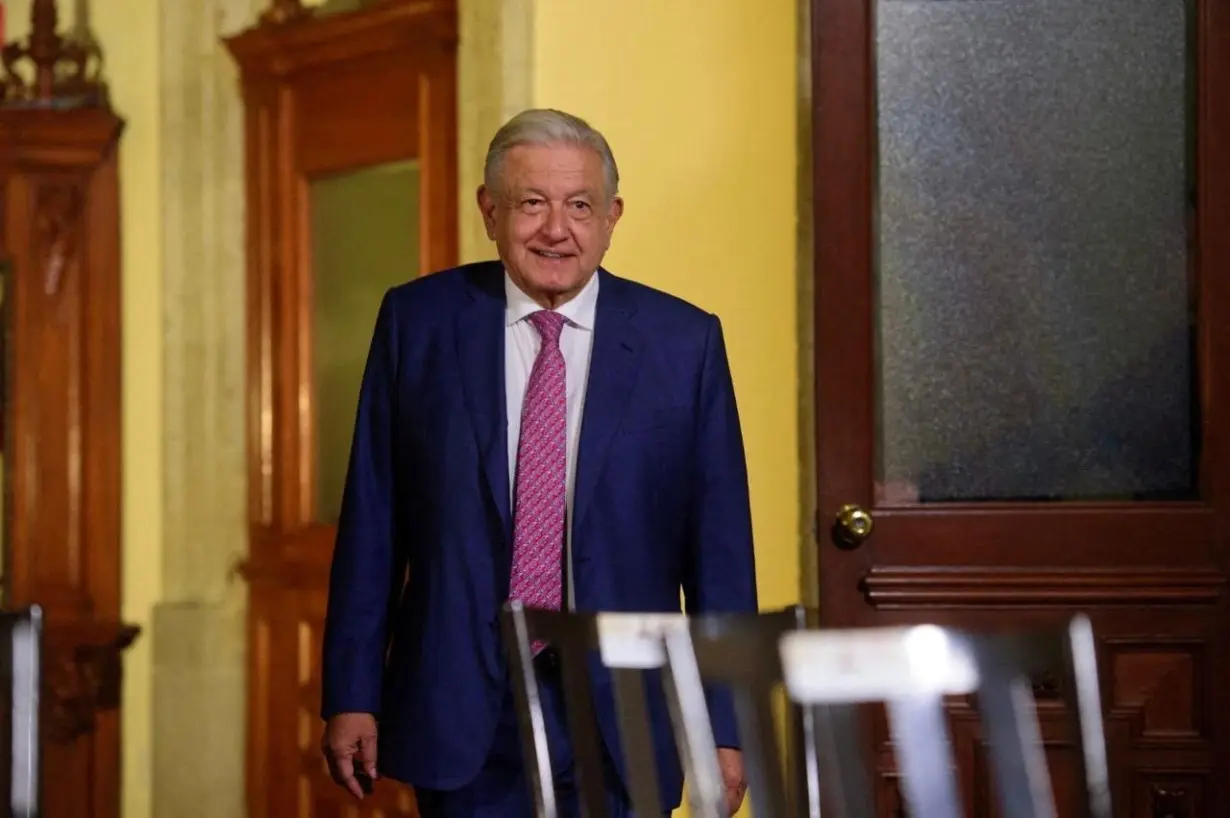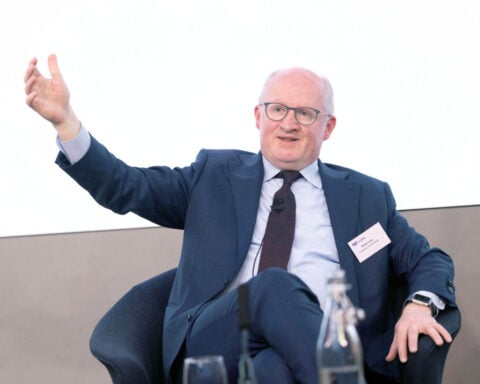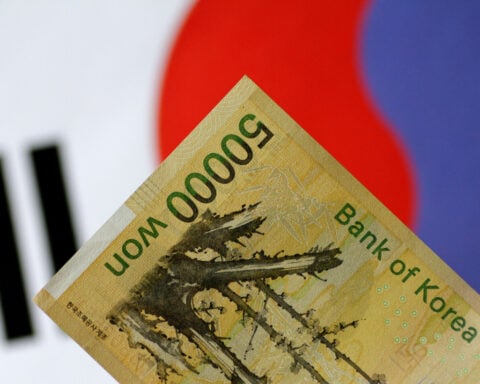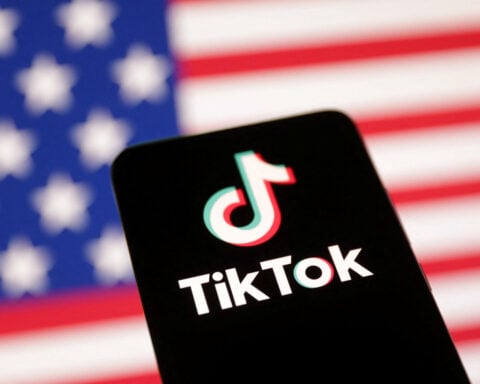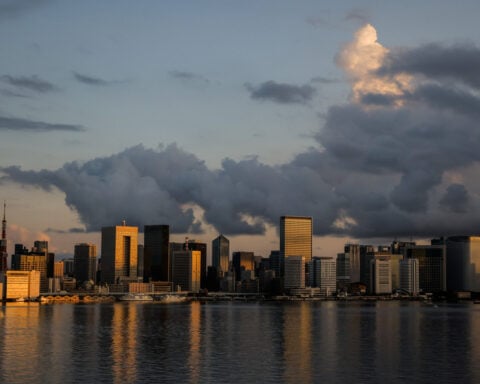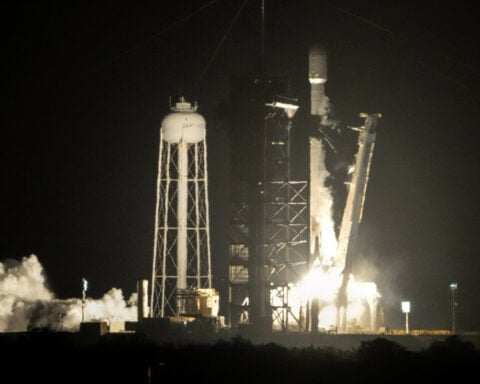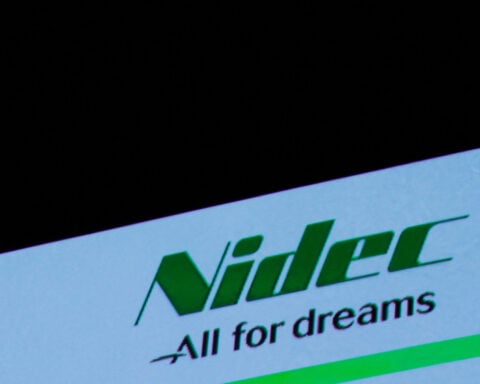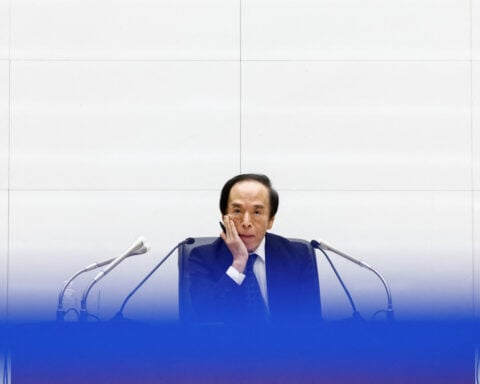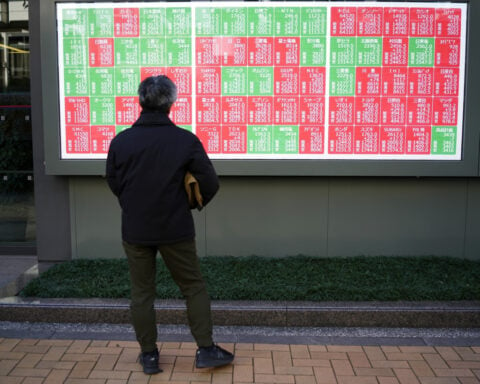By Raul Cortes
MEXICO CITY (Reuters) -Mexico's president on Wednesday pushed back on Tesla CEO Elon Musk's comments that the EV maker has paused plans for a plant in Mexico and would reassess investing in a new gigafactory in the country after the U.S. presidential election.
President Andres Manuel Lopez Obrador said the comments are "not serious."
Republican presidential candidate Donald Trump, in his acceptance speech for his party's nomination last week, said his administration would slap tariffs of 100% to 200% on cars made in Mexico to make them "unsellable" in the United States.
Musk reacted by saying that "it doesn't make sense to invest in Mexico" if Trump returns to the White House and imposes heavy tariffs on vehicles produced in the Latin American nation.
In his daily press conference, Lopez Obrador questioned Musk's assertion, and attributed both his and Trump's comments to fiery campaign rhetoric for the U.S. election in November.
"During campaigns there is a lot of passion, a lot of rhetoric, there is too much talk. Once the elections are over" the tone should change, said Lopez Obrador.
"Truthfully, this is not serious because the vehicles bought in the United States could not be made in the United States...because their production costs are very high," Lopez Obrador said.
U.S. consumers save between $10,000 and $15,000 per vehicle imported from Mexico, Lopez Obrador argued.
"They must have another business plan," he added.
"These companies often do not produce, but rather speculate. They release news and it does very well on the stock markets, they increase the price of their shares and production takes a back seat."
Tesla's gigafactory is slated to be located in the northeastern Mexican state of Nuevo Leon, whose government on Wednesday said it has been working to build the needed infrastructure and that it has not received any formal advisory from the firm about cancelling its plans.
"On the part of the state government, everything is ready for the arrival of Tesla and many of its suppliers are already investing and producing in the state," the Nuevo Leon government said in a statement.
(Reporting by Raul Cortes Fernandez; Writing by Laura Gottesdiener; Editing by Anthony Esposito, Leslie Adler and Diane Craft)

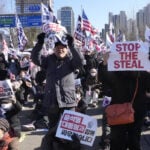 A look at the events that led up to the detention of South Korean President Yoon Suk Yeol
A look at the events that led up to the detention of South Korean President Yoon Suk Yeol
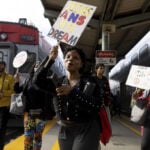 The long struggle to establish Martin Luther King Jr. Day
The long struggle to establish Martin Luther King Jr. Day
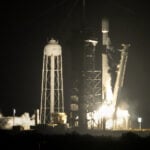 Two private lunar landers head toward the moon in a roundabout journey
Two private lunar landers head toward the moon in a roundabout journey
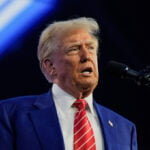 Trump's Greenland bid stirs debate in China about what to do with Taiwan
Trump's Greenland bid stirs debate in China about what to do with Taiwan
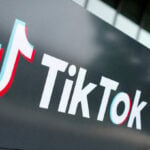 TikTok preparing for U.S. shut-off on Sunday, The Information reports
TikTok preparing for U.S. shut-off on Sunday, The Information reports
 Japan's Makino Milling requests changes to unsolicited bid from Nidec
Japan's Makino Milling requests changes to unsolicited bid from Nidec
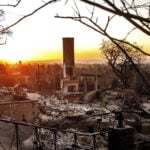 As Los Angeles burns, Hollywood's Oscar season turns into a pledge drive
As Los Angeles burns, Hollywood's Oscar season turns into a pledge drive
 As fires ravage Los Angeles, Tiger Woods isn't sure what will happen with Riviera tournament
As fires ravage Los Angeles, Tiger Woods isn't sure what will happen with Riviera tournament
 Antetokounmpo gets 50th career triple-double as Bucks win 130-115 to end Kings' 7-game win streak
Antetokounmpo gets 50th career triple-double as Bucks win 130-115 to end Kings' 7-game win streak
